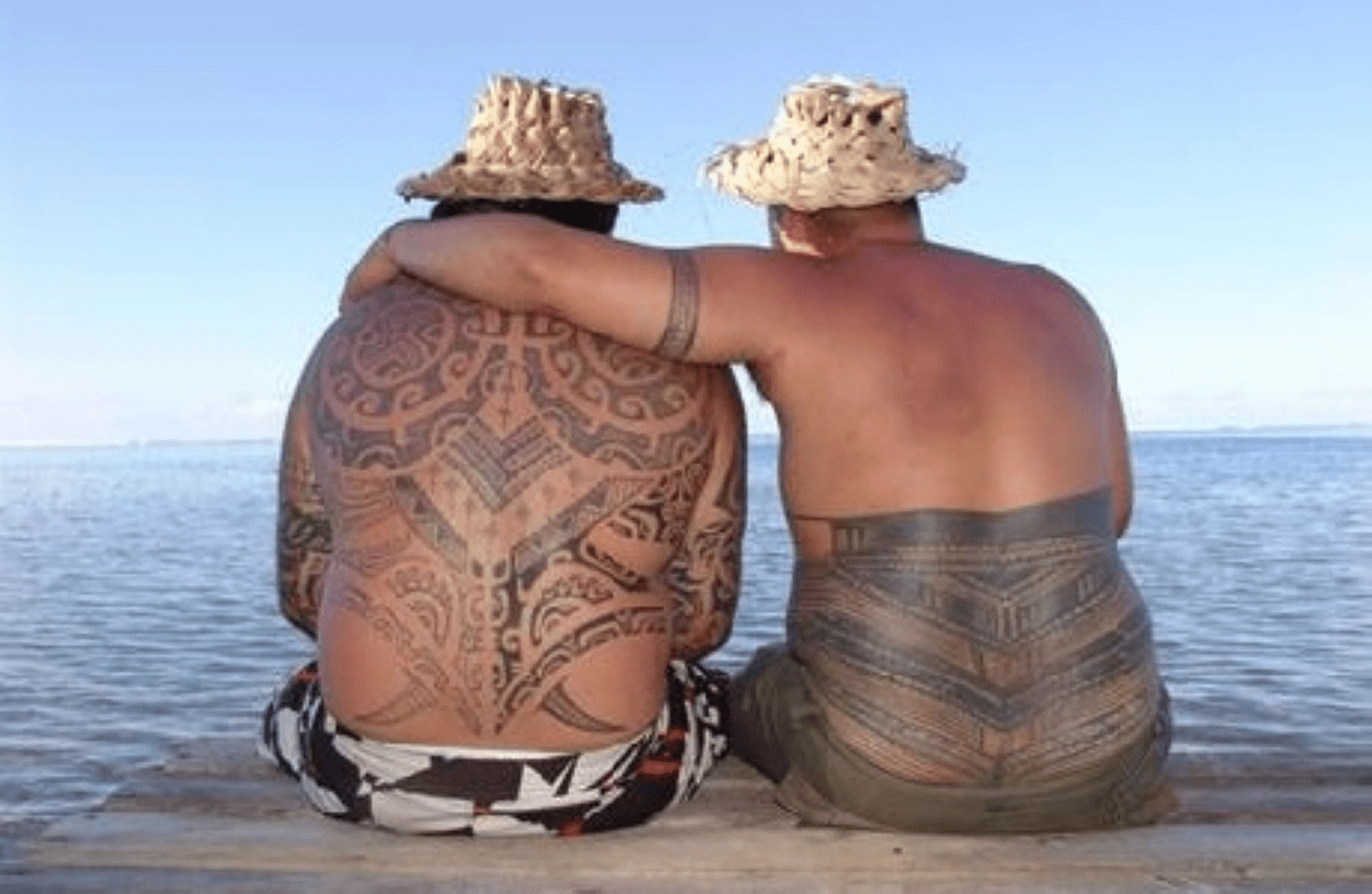Anthropology

Why study Anthropology?
Cultural anthropology, our area of specialty, is the interpretation and appreciation of the vast array of cultural possibilities for human life. Studying Anthropology will challenge students to reimagine their assumptions about their own societies and cultures and develop a toolkit to critically understand their changing world.
One undergraduate student Naveena, said that “I respect contemporary anthropology’s efforts toward reckoning with its colonial roots and decolonising the discipline, and I want to be part of its journey to becoming a more inclusive field,” while Mona, a postgraduate student shared that “Anthropology has taught me to see the world from a wholly unique perspective. For me, Anthropology opened my eyes to the beauty of diversity and differences, while being instrumental in understanding my own cultural identity.”
In anthropology we study issues as varied as the environment and climate change, racism and ethnic conflict, religion and spirituality, media and visual culture, politics and power relationships, money, finance and trade. In all of these areas anthropology focuses on the experiences of people. It is by listening to people and understanding things from their perspective that anthropology challenges mainstream knowledge. Too often decisions and power reside in the hands of those who merely make assumptions about the lives of others. Anthropology brings the voices of everyday lives into the global production of knowledge.
Career Opportunities
- Education
- Museum Curator
- International development
- Government
- Business consultant
- Non-profit management
- Marketing
- Journalism and media
- Cultural Advisor
- Market researcher
Hamilton, Online
Study Anthropology in these qualifications
For more information about subject requirements, please refer to the Subject Regulations below for the most up-to-date information.
If you have any questions or need more advice, contact one of our friendly student advisors at phone: 0800 800 145 or +64 7 838 4080, or by email: alpss@waikato.ac.nz
Subject regulations
Anthropology papers
Scholarships and prizes
Visit our Scholarship Finder for information about possible scholarships